By Alex Clonan, Peer Research Ambassador
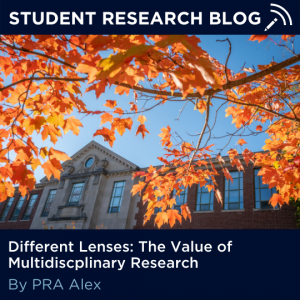 Research is all about asking questions, each one viewed through a different lens and perspective. Our academic background, experiences, passions, and interests shape these different lenses. Together, a diverse community of investigators can work to ask questions and strive towards understanding.
Research is all about asking questions, each one viewed through a different lens and perspective. Our academic background, experiences, passions, and interests shape these different lenses. Together, a diverse community of investigators can work to ask questions and strive towards understanding.
I’ll tell you a little bit about my lens. As a first-year Electrical Engineering student, I applied to the Health Research Program and ended up having the opportunity to work at the Center for Quantitative Medicine at UConn Health. To be honest, leading up to my first day in the lab, I was terrified, having little to no experience in whatever ‘systems biology’ was, but I was eager to learn. I wasn’t quite sure how my engineering background would fit in, or what I would be able to contribute. Continue reading
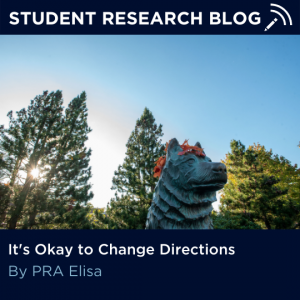
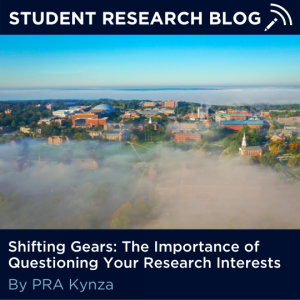
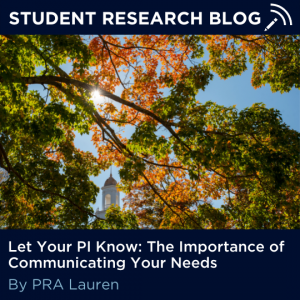
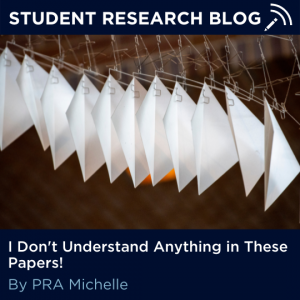
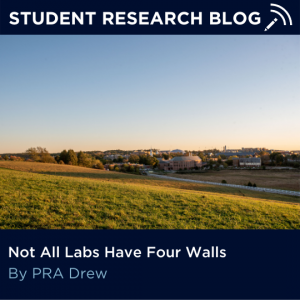
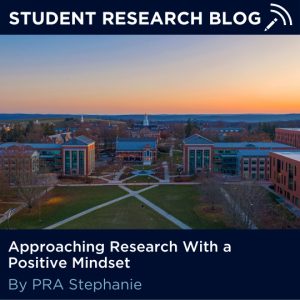
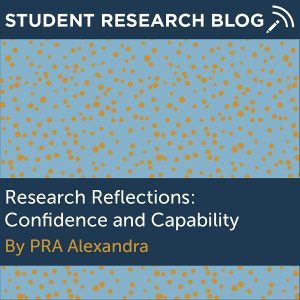 By Alexandra Bettencourt, Peer Research Ambassador
By Alexandra Bettencourt, Peer Research Ambassador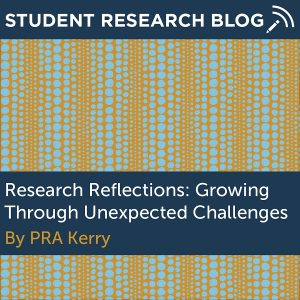 By Kerry Morgan, Peer Research Ambassador
By Kerry Morgan, Peer Research Ambassador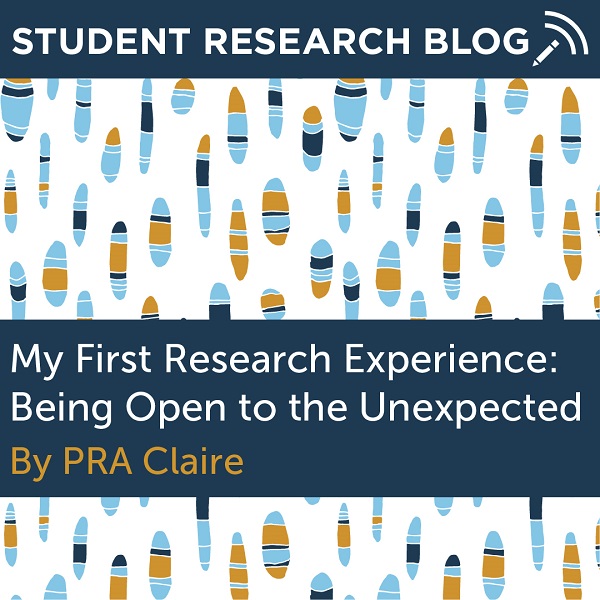 By Claire Fresher, Peer Research Ambassador
By Claire Fresher, Peer Research Ambassador